A Meeting with The Oracle: Steveland Morris
Some encounters interrupt your day, others re-orient your spirit.
Co-published with Civics Is Sexy.
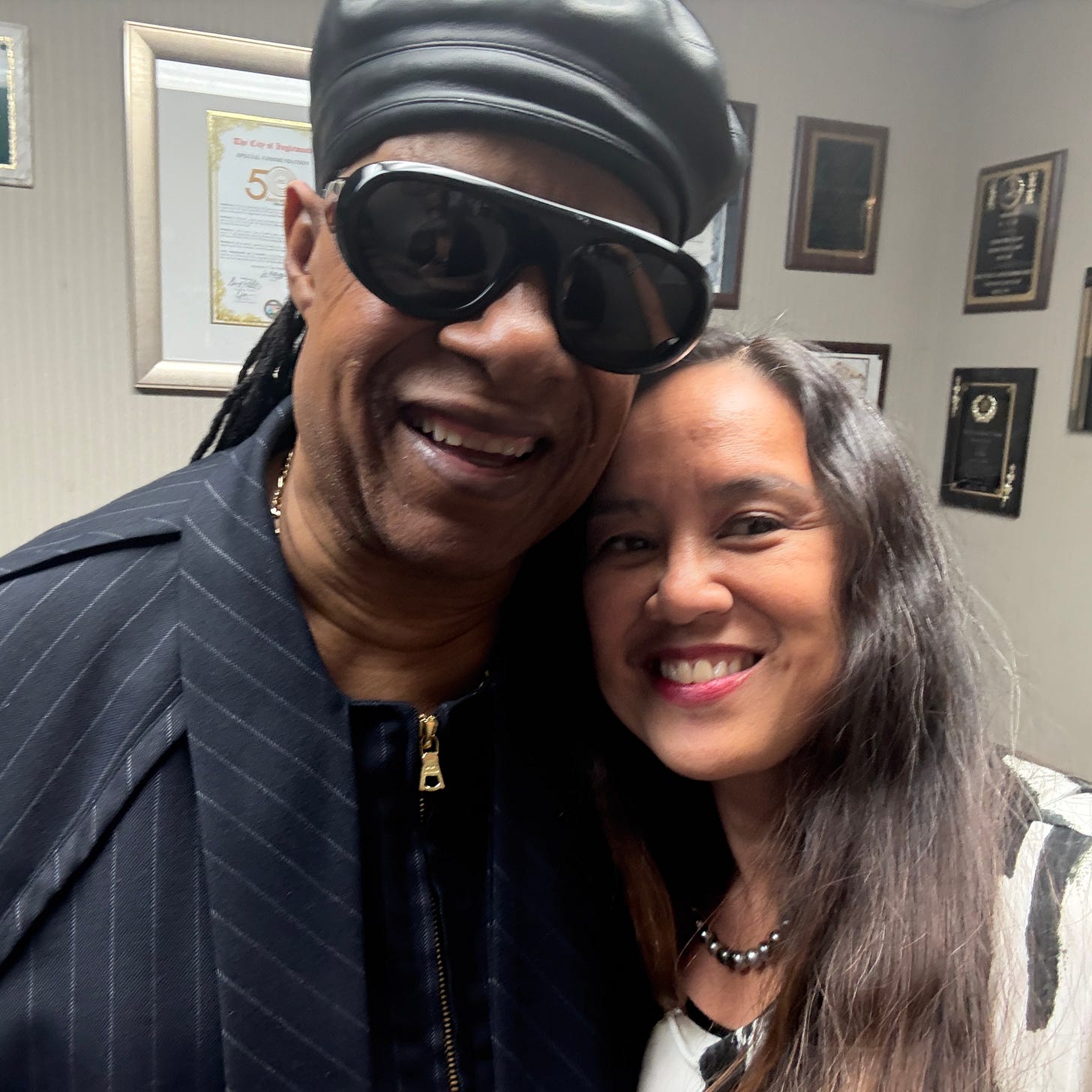
There are once-in-a-lifetime moments…and then there are moments that feel like the culmination of every other moment that made you, colliding all at once.
It was a meeting with an oracle.
Kyle Bowser of the NAACP and I had just wrapped a segment at KJLH—(standing for Kindness, Joy, Love, and Happiness)—promoting The People’s Party on The Tammi Mac Show. We talked about art and civic urgency, even the relevance of the NAACP in 2025. The conversation was real and beautifully raw.
And then, as were about to leave, Kyle beckoned me while pointing down the hallway. I turned a corner, and standing there was someone whose work shaped my childhood, informed my politics, musicianship, and artistry, and someone who gave language to both my joy and my pain.
None other than Stevie Wonder emerged (KJLH is his radio station). Turns out he’d been listening to our on-air conversation. In a state of awe, I greeted him. He took my hand, and with the gentlest of urgings, he guided me, Kyle, Ariana, and J’ai of the NAACP down the hallway into a small conference room.
He invited us all to take a seat and stated, “I’m talking to you, not as Stevie Wonder, but as Steveland Morris.” As he poured into us for the next forty minutes, we not only listened…we received.
It was as if I had swallowed both the red pill and the blue pill. A moment when time stopped as it held the bliss of wonder and the hard truth of reality.
He told us about the time he wrote the song Happy Birthday, not as a party song but as an appeal to the Reagan Administration to establish Martin Luther King Jr. Day as a national holiday.
Coretta Scott King herself wasn’t sure it could be done. But Steveland was. He assured Mrs. King, “I’m knowing and believing that it will. With the people getting on board and supporting it, it will happen…it’s a celebration.”
He then wrote the lyrics and the composition for Happy Birthday. It was an easy sell to get Berry Gordy on board to release it as the last song on the Hotter Than July (1980) album. Building a civic movement through melody, he used civics where it is most powerfully expressed—through art and culture. On August 2, 1983, the bill was passed with veto-proof margins in the House (338-90) and Senate (78-22).
The Oracle said he was at the White House for the signing by President Reagan, but missed it because of a very human and urgent need to use the bathroom!
As we sat with the Oracle, he also spoke of his lifelong devotion to justice, the urgency of this moment, the kind of leadership that once moved mountains, and how this moment offered an opportunity to reignite that fire today. We have a chance, he said, to nurture and inspire the kind of leadership that Martin Luther King exemplified.
He exuded a calm, an energy, an urgency, and still...a humor...and an optimism. So deeply grounded in the enduring love he holds for his people. It was an otherworldly reminder that civic leadership is not just theoretical or policy-driven. It’s energetic. Spiritual. Imaginative. Visionary. Embodied in what we do every day.
WOOH. What a way for us to set the tone for The People’s Party! A vibrant, inclusive space where art, music, and civic engagement held hands. A space where people with ancestry from every corner of the world gathered with shared purpose.
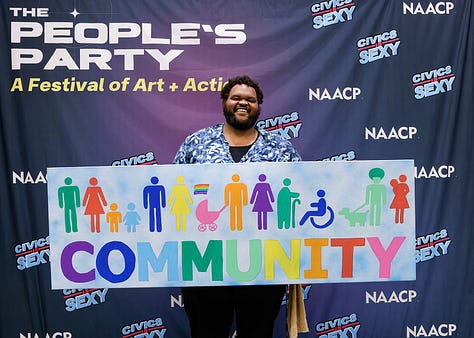
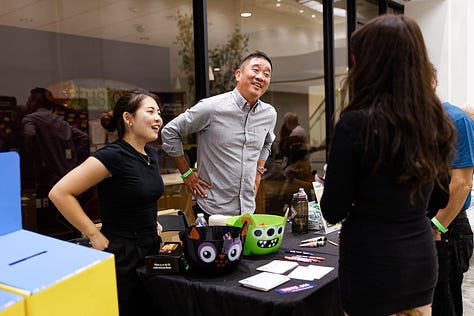
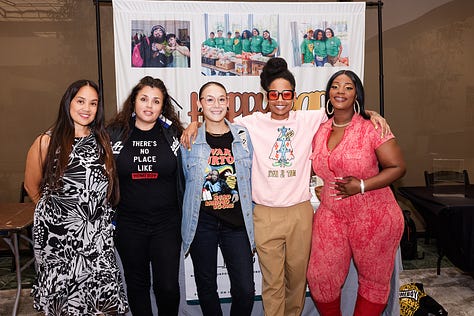
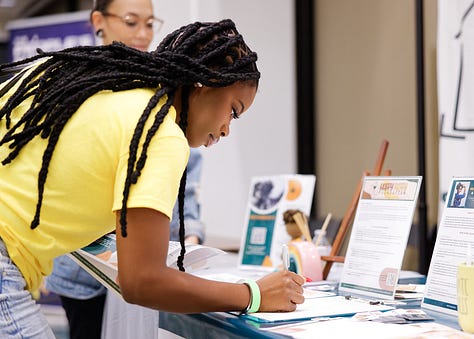
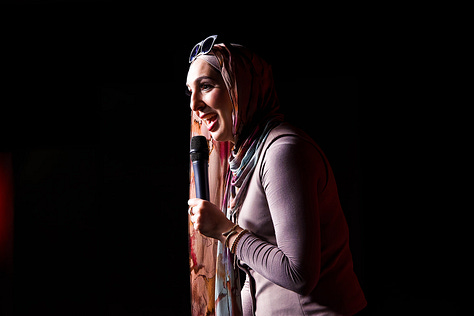
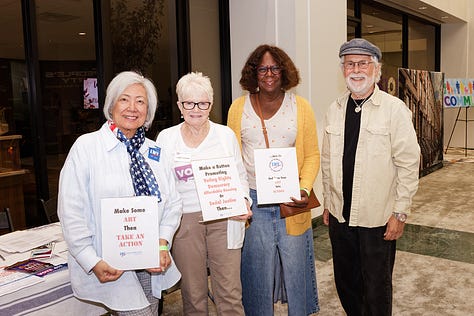
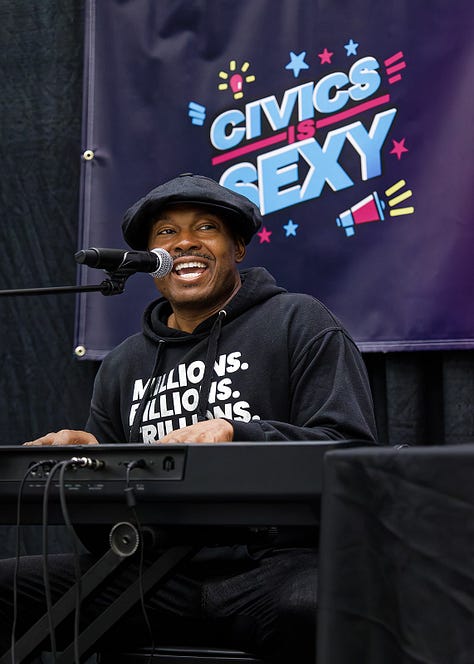
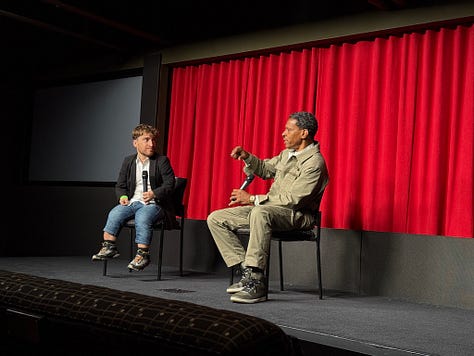
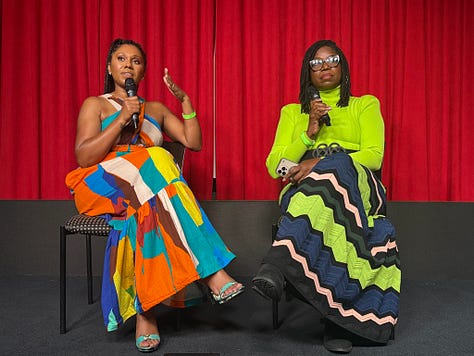
The films, presentations, performances, and talks were incredible and inspiring. The connections made were genuine, the dialogue was deep, and the sense of purpose was undeniable. One of the most beautiful endorsements came from Elon, a young PA recruited by Streetlights, who said, “I can’t wait for the next People’s Party! We really need this.”
In that moment, I saw joy, excitement, healing, and empowerment in her eyes. I kept thinking back to Steveland in that small room at KJLH…reminding us that civic culture is built not only by policy, but by people—by artists, storytellers, organizers, elders, and anyone willing to gather in the name of something bigger.
The People’s Party is part of that lineage. It’s a commitment to the idea that democracy demands not only struggle and resistance, but also love and devotion.
I walked into KJLH expecting a media appearance. I walked out having sat with Steveland Morris—the original civic artist, the man who turned melody into movement, the elder reminding us that our work is part of a much larger story.
A story in which…
Hope is a practice.
Art is a catalyst.
And when people gather with intention, the future can shift.
Let’s take this one on the road…


